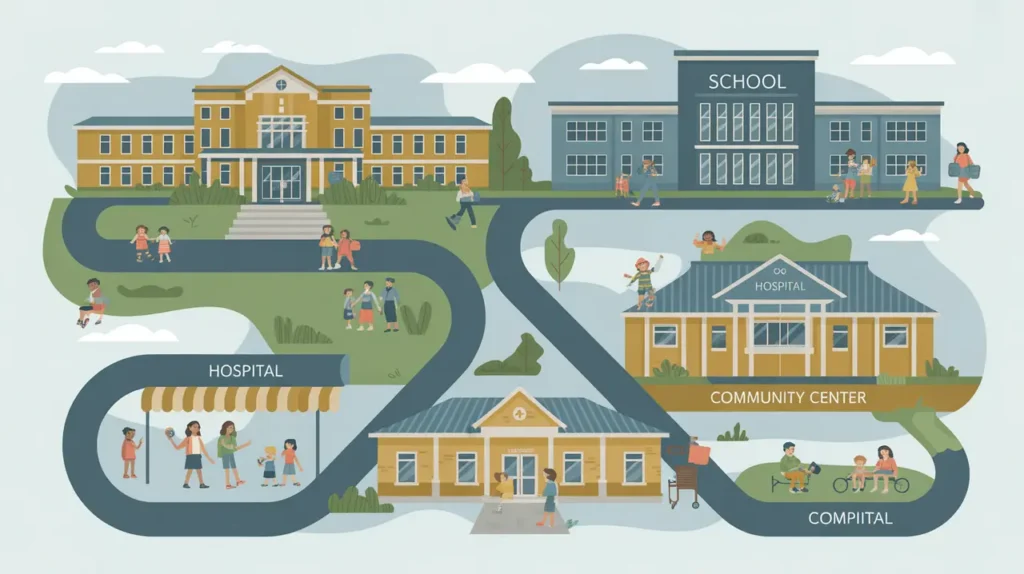Importance of Child Care Services
Child care services are essential for early childhood development, gender equity, and economic participation. In international development, access to reliable child care allows parents, especially women, to pursue education, employment, and entrepreneurship, while ensuring that children receive safe and nurturing environments during critical formative years. For nonprofits and social innovators, child care services are a strategic lever for breaking cycles of poverty, improving educational outcomes, and strengthening family and community resilience.
Definition and Features
Child care services refer to the organized provision of care, supervision, and early learning support for children, typically outside the home. Their defining features include:
- Safety and Nurturing: ensuring children’s physical and emotional wellbeing.
- Early Learning: providing age-appropriate stimulation that supports cognitive and social development.
- Accessibility: affordability, location, and availability for diverse families.
- Regulation and Standards: oversight to ensure quality, safety, and inclusivity.
How this Works in Practice
In practice, child care services can take the form of daycare centers, community-based crèches, preschools, or employer-supported facilities. For example, nonprofits may establish low-cost child care centers in urban slums to enable working mothers to pursue livelihoods, while governments may integrate child care into social protection programs. Innovative models include mobile crèches for migrant workers and digital platforms that connect families with vetted caregivers. Challenges include affordability, lack of trained staff, cultural stigmas, and uneven regulation that can compromise quality and access.
Implications for Social Innovation
Child care services have profound implications for social innovation. They unlock economic potential by enabling women’s labor force participation, improve long-term social outcomes by investing in early childhood development, and reduce inequalities by serving vulnerable families. For proximate actors, designing child care models that are affordable, community-led, and culturally responsive creates pathways for systemic impact. At scale, reimagining child care as both an educational and economic intervention can transform how societies invest in their youngest citizens while promoting inclusive growth.







